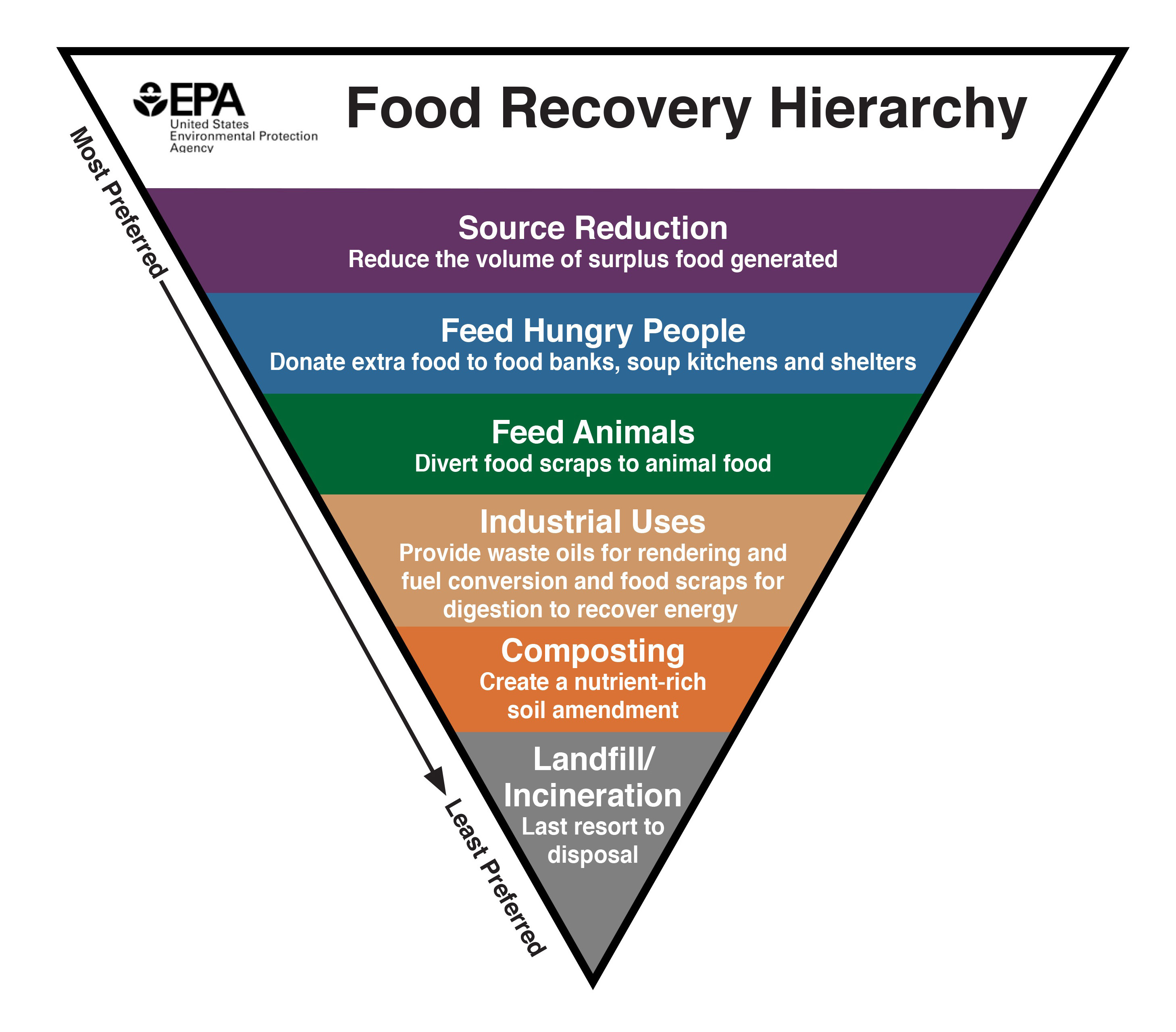Subject Guides
The Sustainability Hub
- Welcome to the Sustainability Hub!
- Events Toggle Dropdown
- Sustainability Resources Toggle Dropdown
- Environmental Justice
- Seed Library Toggle Dropdown
- TerraCycle
- Plant Buddies
- Mushroom Display
- On-Campus Sustainability Toggle Dropdown
- Local Sustainability Toggle Dropdown
- What Can I Do?
- Climate Resilience
Consume Sustainably
One of the most sustainable practices is to decrease the amount of new items purchased, fixing broken items, and finding new uses for no longer used items! Go without the latest and greatest, but when it does come to buying new materials, take where and how they are made into consideration. Below are some resources that can help!
-
Catalog ChoiceThis website helps you to cut back on junk mail waste!
-
Skin DeepProvides details about ingredients in personal care items.
-
Zero Waste StoreThis online store features products that help users to cut down on their packaging waste! Browse through household products, soaps, and more!
-
The Grove CollaborativeThis website also highlights many sustainable products to help you cut down on your waste! Look through cleaners, home, kitchen, personal care, pet, and other products!
Sustainable Fashion
The fashion industry is very unsustainable as it produces a multitude of products unethically that are not meant to last. Learning to sew and repair or upcycle clothes is a great way to keep clothes in your closet longer! But when you do need to get rid of clothes or buy more, try donating clothes, go to thrift stores, or buy from more sustainable companies first!
-
Good On YouEvaluates the sustainability and ethics of clothing brands and companies.
-
Q-Center Gender Bender ClosetBring clean donations free of tears and holes to the Q-Center in the Bartle Library, any weekday between 12-7 PM!
-
Food Co-OpThe Food Co-op has a clothing rack available for anyone to take or donate a few clothes! Sometimes, they even host clothing swaps on-campus. Click on the link to check out their Instagram!
-
Plato's Closet VestalPlato's Closet is a popular thrift store in Vestal that buys and sells used clothing! Click on the link for their hours, address, and other announcements!
Food Sustainability
Our food is directly connected to our environment, as crops and livestock are grown or raised on the land, and how our waste returns nutrients back to the environment. This means that your decisions on what foods to buy and eat are very important! Supporting local and organic farmers, like those at the Broome County Regional Farmers Market, is great way to discourage the use of harmful pesticides and high food miles, or transporting food long distances. Check out the sources below to adopt even more sustainable eating habits!
-
The EAT-Lancet Commission on Food, Planet, HealthThis website focuses on healthy and sustainable eating habitats you can adopt in your everyday life!
-
Our Changing MenuCreated by Cornell students, this website explains how our food systems might change due to climate change, and what scientists, farmers, and individuals can do to mitigate the effects!
Food Waste is extremely harmful in our landfills, as it emits greenhouse gases, while it has so many better uses! The EPA's Food Recovery Hierarchy suggests that everyone first reduce their food surplus, then feed hungry people, then feed animals, then put to industrial use, and compost before sending it to the landfill! Look below for the breakdown.

Donating unused food items in good condition is a great way to reduce food waste and give back to the community! Listed below are some local places where you can drop off food donations or receive food in times of need! Click on each link to learn more!
-
BU Food PantryThe Food Pantry on Binghamton University's campus accepts and offers various foods, kitchen utensils, and personal care items!
-
CHOWCHOW is a grassroots organization addressing food insecurity in Binghamton! Click on the link to learn about pantry locations, food drives, and events on their Facebook page!
-
Foodbank of the Southern TierThis foodbank distributes millions of pounds of food to Broome, Chemung, Schuyler, Steuben, Tioga, and Tompkins counties annually!
-
Broome County Food Council MapThis map shows various locations throughout Binghamton where you can buy or get food.
After you reduce your waste, donate unused items, feed scraps to animals, put waste towards industrial use, you should compost your scraps! Learn more on our Composting page!
- Last Updated: Dec 3, 2025 3:29 PM
- URL: https://libraryguides.binghamton.edu/sustainability
- Print Page


